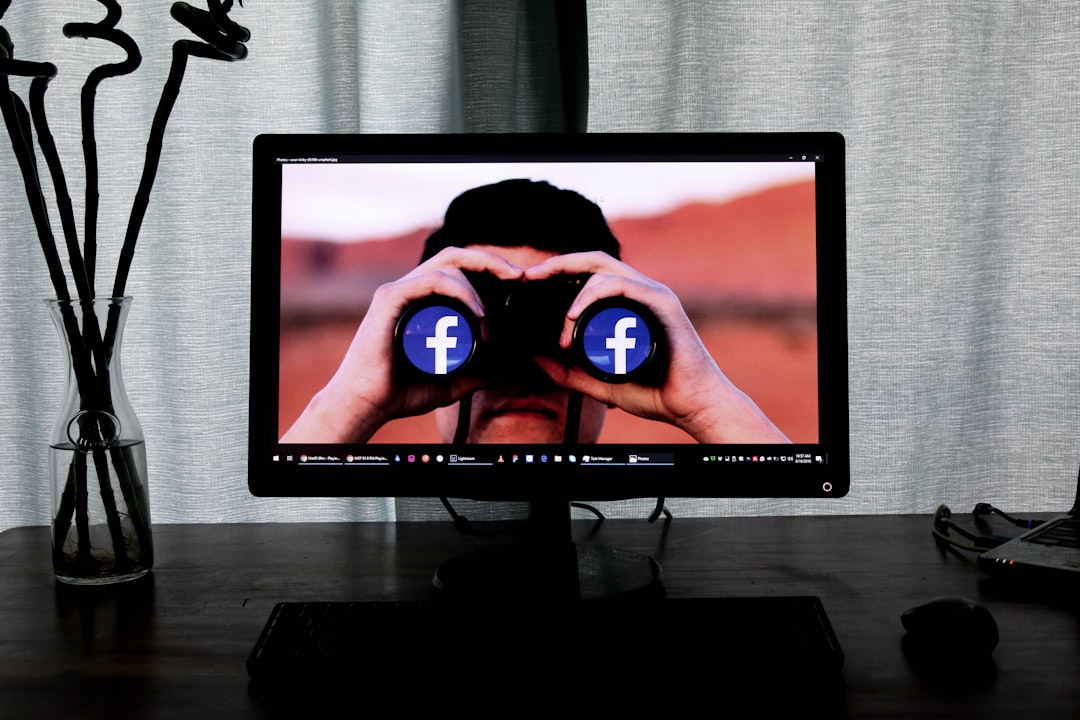Not-Really-Already-But-Definitely-Not Yet
A God's-eye-view of the world will destroy those who aren't God.
Earlier this year I discovered, quite by accident, that a girl I was friends with in high school had already divorced her husband of just a few years. The form of my discovery was a blog post by the man in which he relayed news to his readers that he had caught his wife in a years-long affair and that she was now suing for divorce. I’ve never met this m…



